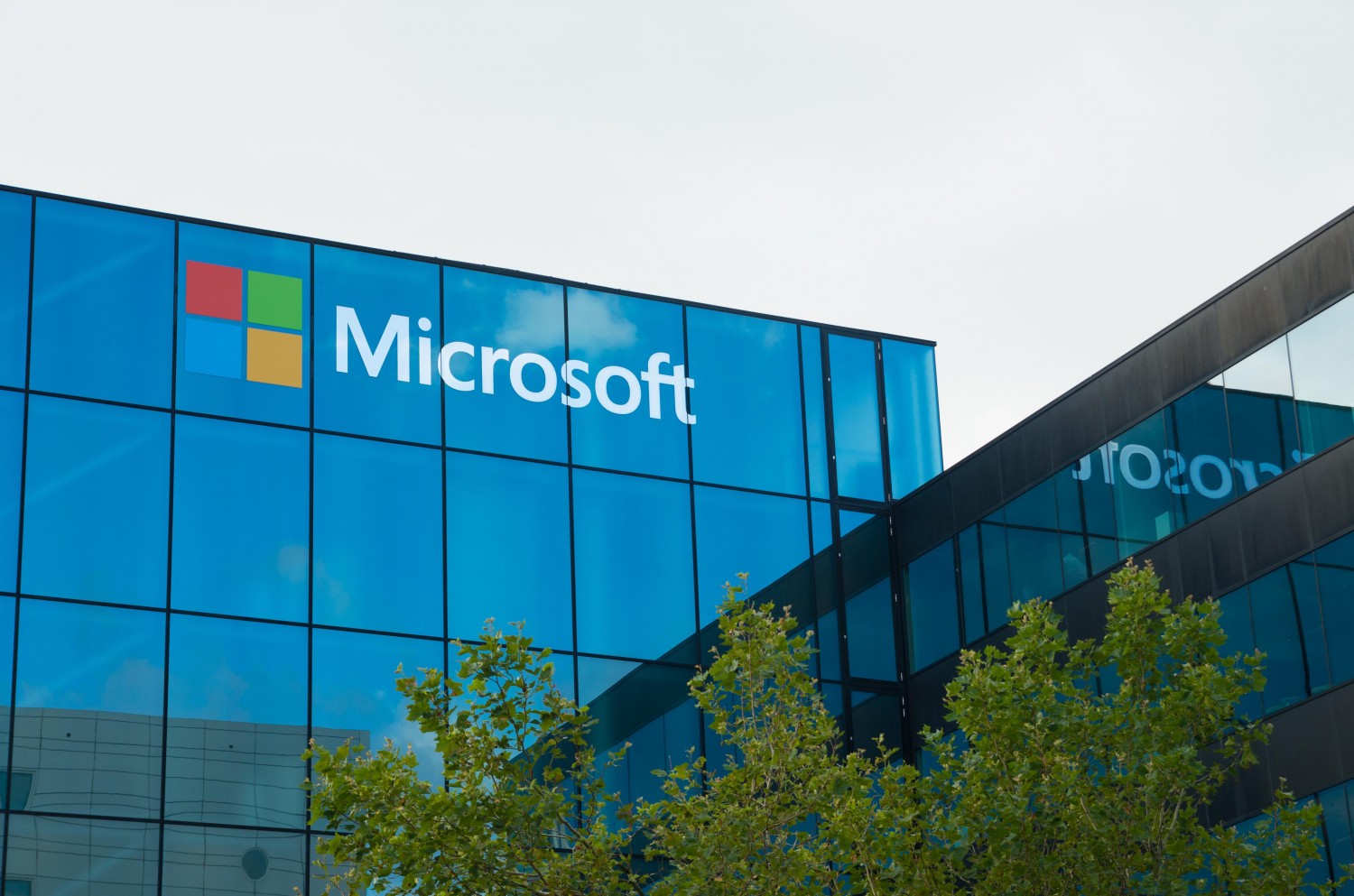
Microsoft joins govt’s ONDC to launch social e-commerce in Indian market

Microsoft has joined the Indian government’s Open Network for Digital Commerce (ONDC). It is the first big technology company to onboard ONDC and will introduce social e-commerce in the Indian market.
Stating that ONDC can be a “gamechanger”, the company said it will also launch a shopping app in India.
“The Indian e-commerce industry has tremendous growth potential in the next decade. Initiatives like ONDC can be a gamechanger amid this boom. Their UPI-like network for digital commerce is a win-win for both buyers and sellers, as it will enable them to connect without dependency on any e-commerce solution. We are delighted to collaborate with ONDC and can’t wait to witness this journey unfold as we plan to introduce a new consumer app experience in the social commerce space,” a Microsoft spokesperson said.
Also read: Startup Rankings: Gujarat, Karnataka, Meghalaya best performers
ONDC managing director and chief executive T Koshy said, “Joining hands with Microsoft is a testament to our credibility to foster an open e-commerce ecosystem with numerous possibilities.”
Paytm, Dunzo, Digiit, eSamudaay, Go Frugal, Growth Falcons, SellerApp and LoadShare have already joined ONDC while Kotak, Phonepe, Bizom, Hippo Innovations, Snapdeal, Sonata, Zoho and others are in the advanced stage of development.
According to an August report by the Indian Brand Equity Foundation (IBEF), in 2022, the Indian ecommerce market is predicted to increase by 21.5%, reaching $74.8 billion. India’s e-commerce market is expected to reach $350 billion by 2030.
India’s social commerce has the potential to expand to $16–20 billion in FY25, growing at a Compound annual growth rate (CAGR) of 55-60%. India’s e-commerce market is expected to reach US$ 111 billion by 2024 and US$ 200 billion by 2026, the IBEF report added.
Also read: Bengaluru set to pip Shanghai in global startup ecosystem index: Report
What is ONDC?
According to the Union government, “ONDC is an initiative aiming at promoting open networks for all aspects of exchange of goods and services over digital or electronic networks. ONDC is to be based on open-sourced methodology, using open specifications and open network protocols independent of any specific platform.”
“The foundations of ONDC are to be open protocols for all aspects in the entire chain of activities in exchange of goods and services, similar to hypertext transfer protocol for information exchange over internet, simple mail transfer protocol for exchange of emails and unified payments interface for payments.
“These open protocols would be used for establishing public digital infrastructure in the form of open registries and open network gateways to enable exchange of information between providers and consumers. Providers and consumers would be able to use any compatible application of their choice for exchange of information and carrying out transactions over ONDC.
“Thus, ONDC goes beyond the current platform-centric digital commerce model where the buyer and seller have to use the same platform or application to be digitally visible and do a business transaction,” it added.
Further it said, “ONDC protocols would standardise operations like cataloguing, inventory management, order management and order fulfilment. Thus, small businesses would be able to use any ONDC compatible applications instead of being governed by specific platform centric policies. This will provide multiple options to small businesses to be discoverable over network and conduct business. It would also encourage easy adoption of digital means by those currently not on digital commerce networks.
“ONDC is expected to make e-Commerce more inclusive and accessible for consumers. Consumers can potentially discover any seller, product or service by using any compatible application or platform, thus increasing freedom of choice for consumers. It will enable the consumers to match demand with the nearest available supply. This would also give consumers the liberty to choose their preferred local businesses. Thus, ONDC would standardise operations, promote inclusion of local suppliers, drive efficiencies in logistics and lead to enhancement of value for consumers.”


